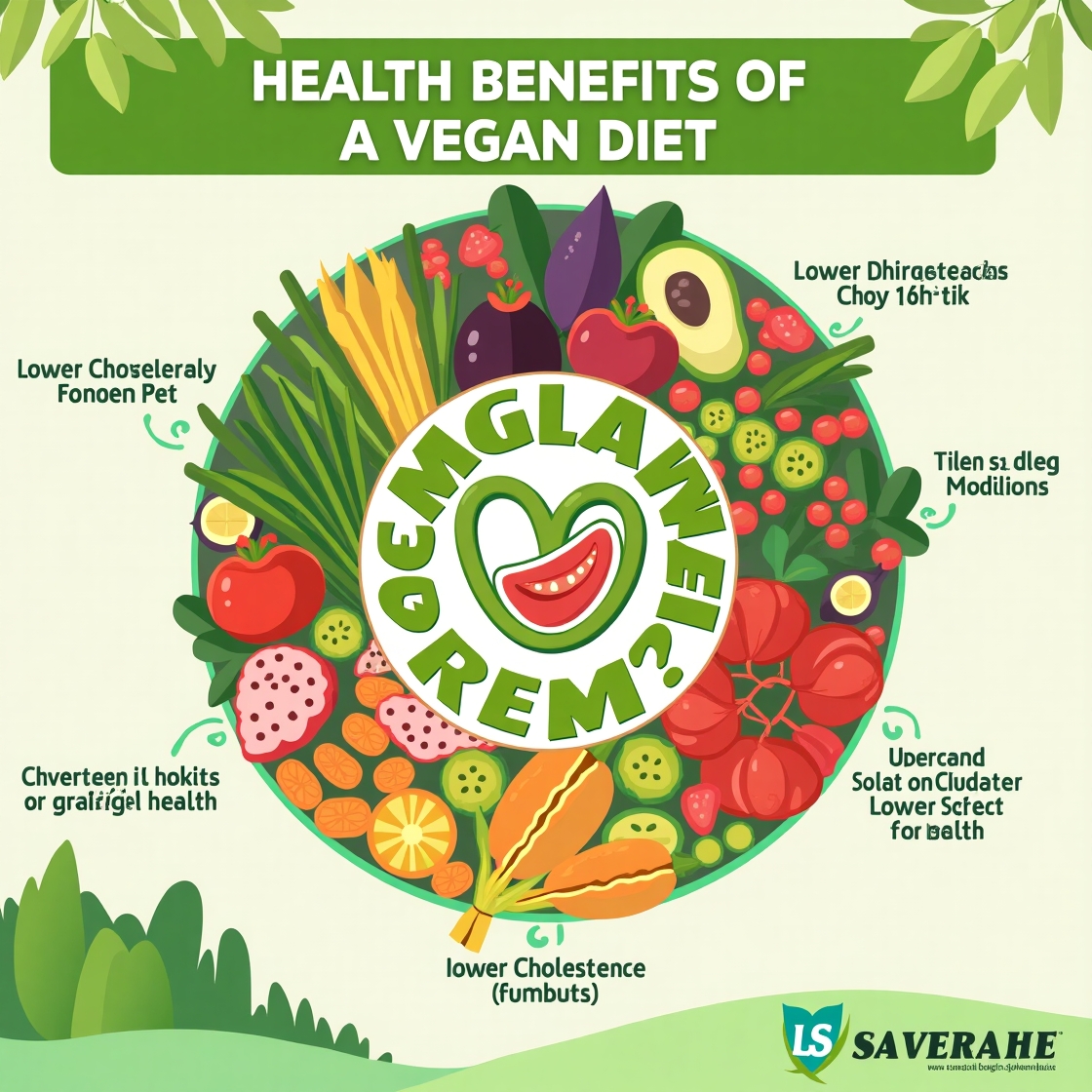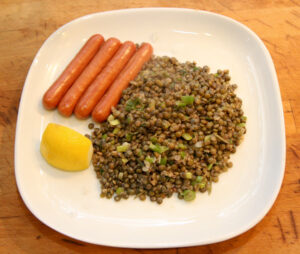Top 10 Protein Myths Debunked: Separating Fact from Fiction

In nutrition, protein often takes center stage, hailed as the building block of life. Yet, despite its importance, much misinformation is floating around. From gym enthusiasts to casual dieters, everyone seems to have an opinion on protein. But how much of what we hear is true? Let’s dive into the top 10 protein myths debunked and separate fact from fiction.
Top 10 Protein Myths Debunked
Myth 1: More Protein Equals More Muscle
Ah, the age-old belief that if you just eat more protein, you’ll magically bulk up. While protein is indeed crucial for muscle repair and growth, it’s not the sole factor. Imagine trying to bake a cake with just flour—without eggs, sugar, or baking powder, you’re not going to get very far. Similarly, muscle growth requires a combination of resistance training, adequate caloric intake, and rest. Simply upping your protein intake without hitting the gym won’t turn you into Arnold Schwarzenegger overnight.
Myth 2: All Proteins Are Created Equal
This myth is like saying all cars are the same because they have four wheels. Proteins are made up of amino acids, and their quality is determined by their amino acid profile. Complete proteins, which contain all nine essential amino acids, are typically found in animal products. However, plant-based proteins can be just as effective when combined properly. Think of rice and beans as the dynamic duo of the plant world, teaming up to provide all the essential amino acids your body needs.
Myth 3: You Can Only Absorb a Certain Amount of Protein Per Meal
The idea that your body can only absorb a specific amount of protein per meal is a bit like saying you can only enjoy a certain number of episodes of your favorite show in one sitting. While there is a limit to how much protein can be used for muscle protein synthesis at one time, your body can still digest and utilize protein for other functions, such as energy production and hormone synthesis. So, don’t stress too much about hitting an exact number at each meal.
Myth 4: High-Protein Diets Are Bad for Your Kidneys
This myth likely stems from studies on individuals with pre-existing kidney conditions, where protein intake needs to be monitored. For healthy individuals, however, high-protein diets do not pose a risk to kidney health. It’s like blaming the rain for your leaky roof—if the roof is in good condition, a little rain won’t hurt. In fact, a higher protein intake can be beneficial for weight management and muscle maintenance.
Myth 5: Plant-Based Proteins Are Incomplete and Inferior
While some plant-based proteins are incomplete, meaning they lack one or more essential amino acids, they can be combined to form complete proteins. It’s a bit like assembling a puzzle—each piece on its own might not show the full picture, but together, they create something complete. By eating a variety of plant-based foods like legumes, grains, nuts, and seeds, you can easily meet your protein needs.
Myth 6: Protein Supplements Are Necessary for Everyone
Protein supplements can be convenient, but they’re not a must-have for everyone. Most people can meet their protein needs through a balanced diet that includes a variety of protein-rich foods. Supplements may be beneficial for athletes or those with higher protein requirements, but they’re not essential for the average person. It’s like having a GPS in your car—helpful for long trips, but not necessary for a quick drive to the grocery store.
Myth 7: Protein Causes Weight Gain
Protein itself does not cause weight gain. Weight gain occurs when there is a caloric surplus, meaning more calories are consumed than burned. In fact, protein can aid in weight management by promoting satiety and preserving lean muscle mass during weight loss. It’s like blaming the lettuce in your salad for the extra pounds when it’s really the dressing that’s the culprit.
Myth 8: You Need Protein Immediately After a Workout
While consuming protein after a workout can aid in muscle recovery, the “anabolic window” is not as narrow as once thought. The body remains receptive to protein intake for several hours post-exercise. It’s more important to focus on overall daily protein intake rather than timing it precisely after a workout. Think of it like watering a plant—it doesn’t need to be done at the exact same time every day to be effective.
Myth 9: Older Adults Don’t Need as Much Protein
In fact, older adults may require more protein to help prevent muscle loss and maintain strength. As we age, the body becomes less efficient at processing protein, making it important for older adults to consume adequate amounts to support muscle health and overall well-being. It’s like needing a little extra oil to keep an old engine running smoothly.
Myth 10: Protein Is Only Important for Athletes
While athletes may have higher protein needs due to increased physical demands, protein is important for everyone. It supports various bodily functions, including immune response, cell repair, and hormone production. Ensuring adequate protein intake is essential for maintaining overall health, regardless of activity level. It’s like saying only race cars need fuel—every vehicle, from a bicycle to a bus, needs the right kind of energy to function properly.
Personal Insights and Real-World Examples
Growing up, I was always told that drinking milk would make me strong. While milk is a good source of protein, it wasn’t until I started learning about nutrition that I realized strength comes from a combination of factors, not just one food. This journey of understanding protein myths has been eye-opening, much like discovering that Santa Claus isn’t real—it’s a bit disappointing at first, but ultimately leads to a deeper understanding of the world.
In my own experience, I’ve found that incorporating a variety of protein sources into my diet has been beneficial. Whether it’s enjoying a hearty lentil soup or a grilled chicken breast, each meal offers a unique set of nutrients that contribute to my overall health. It’s like having a diverse group of friends—each one brings something different to the table, enriching your life in various ways.
Conclusion
Understanding the truth about protein can help you make informed dietary choices that support your health and fitness goals. By debunking these common myths, we hope to provide clarity and encourage a balanced approach to protein consumption. Remember, a well-rounded diet that includes a variety of protein sources is key to meeting your nutritional needs. Whether you’re a seasoned athlete or someone just starting their health journey, knowing the facts about protein can empower you to make the best choices for your body.
FAQs on Protein Myths Debunked
1. How much protein do I need per day?
The recommended dietary allowance (RDA) for protein is about 0.8 grams per kilogram of body weight for the average adult. However, this can vary based on factors such as age, activity level, and health goals. Athletes or those engaging in regular strength training may require more, typically ranging from 1.2 to 2.0 grams per kilogram of body weight.
2. Can I get enough protein from a vegetarian or vegan diet?
Yes, it is entirely possible to meet your protein needs on a vegetarian or vegan diet. By consuming a variety of plant-based foods such as legumes, grains, nuts, seeds, and soy products, you can obtain all the essential amino acids your body needs.
3. Are protein supplements safe to use?
Protein supplements are generally safe for most people when used as directed. However, it’s important to choose high-quality products and be mindful of any added ingredients, such as sugars or artificial flavors. It’s always best to consult with a healthcare professional before starting any supplement regimen, especially if you have underlying health conditions.
4. Does eating more protein help with weight loss?
Protein can aid in weight loss by promoting feelings of fullness and preserving lean muscle mass during calorie restriction. However, weight loss ultimately depends on maintaining a caloric deficit, meaning you consume fewer calories than you burn. A balanced diet with adequate protein can support weight management efforts.
5. Is it true that animal proteins are better than plant proteins?
Animal proteins are often considered “complete” because they contain all essential amino acids. However, plant proteins can also provide all essential amino acids when consumed in a varied diet. Both animal and plant proteins have their own benefits, and incorporating a mix of both can contribute to a balanced diet.
6. Can high-protein diets lead to dehydration?
High-protein diets can increase the need for water, as the body requires more fluids to metabolize protein. It’s important to stay hydrated by drinking plenty of water, especially if you are consuming a higher amount of protein than usual.
7. Should I avoid protein if I have kidney issues?
Individuals with pre-existing kidney conditions may need to monitor their protein intake, as excessive protein can put additional strain on the kidneys. Those with kidney issues must work with a healthcare provider to determine the appropriate amount of protein for their specific needs.
8. Is it necessary to eat protein right after a workout?
While consuming protein after a workout can be beneficial for muscle recovery, the timing is not as critical as once believed. The body remains receptive to protein intake for several hours post-exercise. Focus on meeting your overall daily protein needs rather than stressing about immediate post-workout consumption.
9. Can children consume protein supplements?
Children typically do not need protein supplements if they are consuming a balanced diet that meets their nutritional needs. Children need to get their nutrients from whole foods. If there are concerns about a child’s protein intake, it’s best to consult with a pediatrician or nutritionist.
10. Does cooking affect the protein content in foods?
Cooking can alter the structure of proteins, but it does not significantly reduce their nutritional value. In fact, cooking can make some proteins more digestible and easier for the body to absorb.
Share this content:

A seasoned chef with over 10 years of experience in New York. I passionately share my journey and healthy, flavorful recipes online.













Post Comment